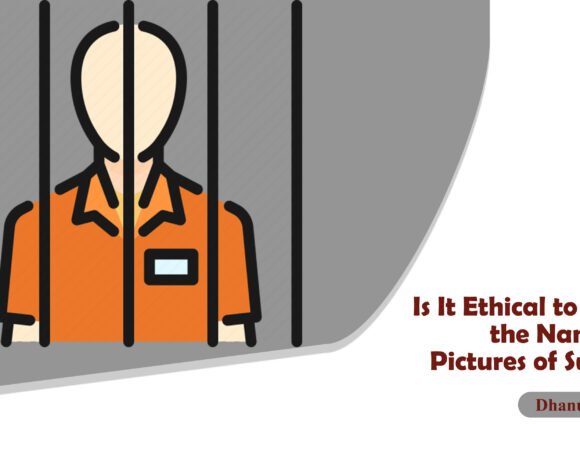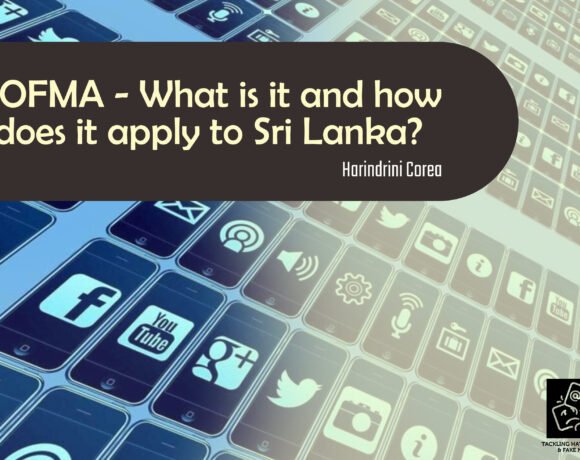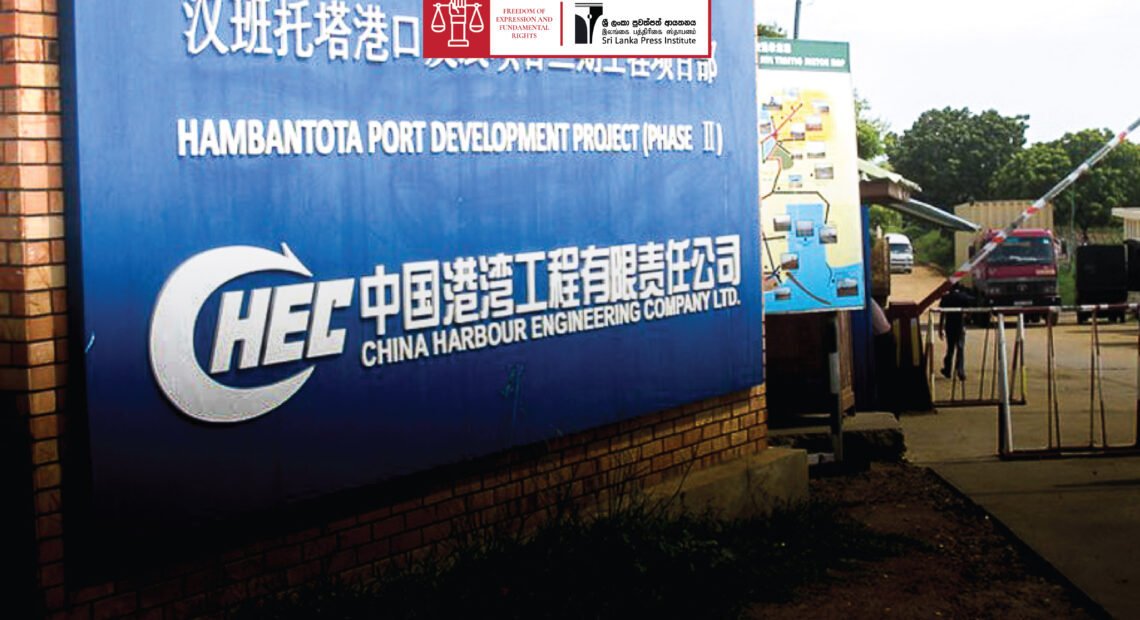
Lankan National Languages Ignored by Foreign Countries
P.Kirubakaran
According to the last census, 21.7 Million population of Sri Lanka is composed of 74.88% Sinhalese, the majority people, and 24.6% Tamils, divided into three groups as Sri Lankan Tamils, Muslims, and Indian Tamils. Other races include Malays 0.2% Burgers 0.18%, Veddhas/Indigenous People and others 0.14%. 70.2% of the population are Buddhists, 12.6% Hindus, 9.7% Muslims and the balance 6.01 % are Catholic/Christian, and others.
With Sri Lanka having three thousand years of documented history, Sinhala and Tamil are proclaimed as their national languages in its constitution. Section (1) of Clause 18 in Chapter 4 of the Constitution says Sinhala should be the Official Language of Sri Lanka. The next section (2) says Tamil also should be the other official language and English as the link language in Section (3). According to Clause 19 of Chapter 4 in the Constitution, Sinhala and Tamil will remain as National Languages and both will have equal status.
According to the Official Languages Act No: 33 of 1956 the Official Languages Department was established on 01.01.1956. The 13th Amendment to the Sri Lankan Constitution of 1987 and the 16th Amendment of 1988 proclaimed that Sinhala and Tamil will be the Official Languages and English as the link language and that the Official Languages Department will be responsible for maintaining this. The Ministry of National Languages and Social Integration was created by Gazette Notification No: 1681/3 of 25.11.2010 and the Official Languages Department, Official Languages Commission, and the National Institute of Language Education and Training functioned under this ministry.
Though Sinhala and Tamil are proclaimed as the National Languages in the Constitution, these provisions were not properly implemented. In ministries and departments, work is done in Sinhala only. A Tamil citizen not knowing Sinhala has to go with an interpreter when he goes to one of these for official purposes. In the provincial offices and departments in Tamil areas in the Northern and Eastern Provinces official work is done only in Tamil and this in turn causes difficulties for the Sinhalese.
A former member of the Languages Commission and Senior Lecturer in Peradeniya University, N.P.M . Saibdeen said, the Commission has the power to prosecute in a court of law the Heads of Departments who violate the Official Languages Policy. But, so far not a single case was filed. In Sri Lanka, it is questionable to take action against politically influential ministries, especially those coming under the President.
So far, in the last 50 years since the Sinhala-Only law was introduced in 1956, there had been no improvement in the language problem. In the Sri Lankan Constitution, together with Sinhala, Tamil is also given the status as an Official Language, but even the reasonable use of Tamil as an official language is not evident until now. In many of the Sri Lankan government agencies, there are no Tamil officers, and many of them without anyone who can translate Tamil. Tamil officers working in some of these agencies are hesitant to point out the proper implementation of the official languages because of their fear of meeting unnecessary problems.
While Tamil was discriminated against in the ministries, departments, notifications and circulars, after Gotabaya Rajapakse became the president in November 2019, singing the Tamil version of the National Anthem was banned at the independence day celebrations in Sri Lanka. Justifying this ban, Janaka Bandara Tennakoon, Minister of Public Administration, Home Affairs, Provincial Councils and Local Government said, “There is only one national anthem in the country and cannot be divided into two. If it is sung in two languages it means there are two races. The decision was made on the basis that the Sinhalese, Tamils and Muslims are all one race in Sri Lanka. Singing the national anthem twice will be an impediment to the reconciliation efforts”. This statement caused a big controversy.


In a situation where Tamil, one of the national languages, is discriminated against by the government and the language problem still continues in Sri Lanka, yet another issue regarding the Tamil language was created by China recently. Attempts to introduce Mandarin, a language spoken in China and not used in Sri Lanka, instead of Tamil as an official language is the cause of this controversy. In the capital city and outstations, in name boards, notice boards and memorial plaques, Tamil, one of the national languages is omitted, Mandarin has taken its place.
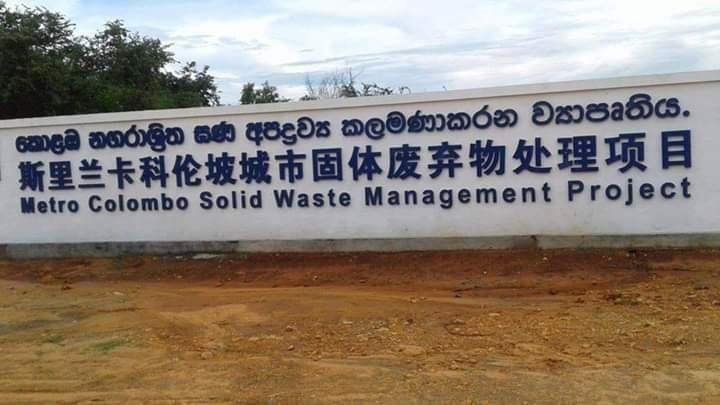
In 2019, when the Mandarin invasion first started in Sri Lanka, Mano Ganeshan, then Minister of National Integration, Official Languages, Social Progress and Hindu Religious Affairs, met the Chinese Ambassador Chen Youwan. He expressed his, as well as the Tamil people’s concern and dissatisfaction over ignoring Tamil language in name boards erected in development projects undertaken by China and introducing Mandarin instead of Tamil.
In response to this, the Chinese Ambassador, Cheng Yuwan said, “China’s relations with the Sri Lankan people are not limited to the Sinhalese only. We wish to have the Tamil speaking people also in our circle of friends. We do not have the slightest intention of disregarding Tamil, one of the oldest languages in the world, in the name boards of the development projects undertaken by China in Sri Lanka. The spelling mistakes and language discrimination found in the name boards already erected in the projects will be rectified gradually. We will approach you regarding the translations. I have appointed an officer in our Commercial division to discuss with you when erecting name boards in future. Our embassy staff and the Chinese people visiting Sri Lanka really show an interest in learning the sweet Tamil. I request you to help them. If you request us for any assistance we are ready to provide whatever possible help towards coexistence between races in Sri Lanka”.
Contrary to what the Chinese Ambassador said, Tamil continues to be discriminated against by China while Mandarin has been introduced by China in Sri Lanka. In many of the sites where development projects are undertaken by Chinese teams, priority is given Mandarin similar to Sinhala and English languages while Tamil is entirely ignored. In the Chinese Colombo Port City Project, Sinhala, English and Mandarin are only languages to be seen.
A Chinese-funded, Electronic Library was built in the new building housing the Attorney Generals’ Department. The plaque installed at the library was declared open by the former Attorney General Dappula de Livera and the Chinese Ambassador Qi Zenhong. Inscriptions on the plaque contained only Sinhala, English, and Mandarin languages ignoring one of the national languages, Tamil. With Sinhala and Tamil being the official languages of Sri Lanka, ignoring Tamil in the important departments given the responsibility to interpret the law of the country has sparked off a big controversy.

Under the circumstances, the Chinese Embassy explained that the Chinese-funded Electronic Library in the Attorney General’s Department was constructed with the Chinese peoples’ money and the inclusion of the Chinese language in the plaque is to be welcomed. But for the Tamil side, Senthil Thodaman, Vice-President, Ceylon Workers Congress, and Mano Ganeshan, President, Tamil Progressive Front expressed their objection. Vice-President of Ceylon Workers Congress and Prime Minister’s Coordinating Secretary, Senthil Thondamam discussed this matter with the Minister of Justice, Ali Sabry and the Minister assured Senthil Thondaman that he will take immediate action to have Tamilappearing in the plaque. Following this, the plaque was removed.
It is not surprising to see the Chinese language creeping into name boards instead of Tamil. But, in some places, even Sinhala has been omitted by China. In the notice board displaying a timetable of long-distance rail services erected at the Mt.Lavinia Railway Station, Sinhala, and Tamil, both national languages of Sri Lanka have gone missing, and English and Mandarin have taken their places. After this notice board went viral on social media, the Railway Department became aware of it. Dilantha Fernando, Manager, Railway Department said, he had ordered an inquiry regarding when and by whom the notice board was erected. He also said that it would have been erected before he became the manager.
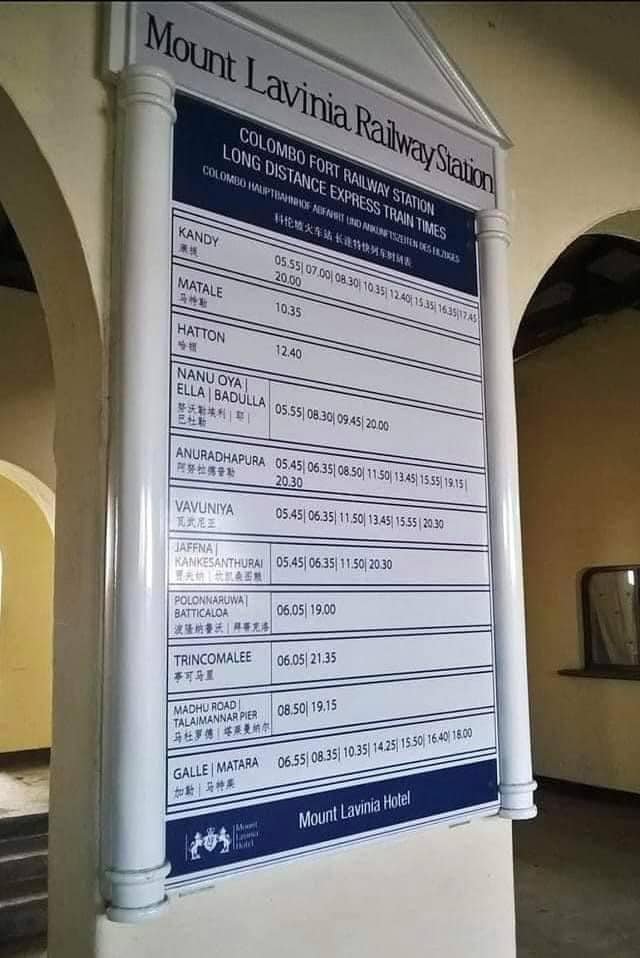
In the same manner, in Chavakachcheri, the second important town in Northern Province, the Chinese Government Construction Company, China State Construction Engineering Corporation’ Name Board, all national languages of Sri Lanka are omitted and only English and Mandarin are displayed in very large sizes.
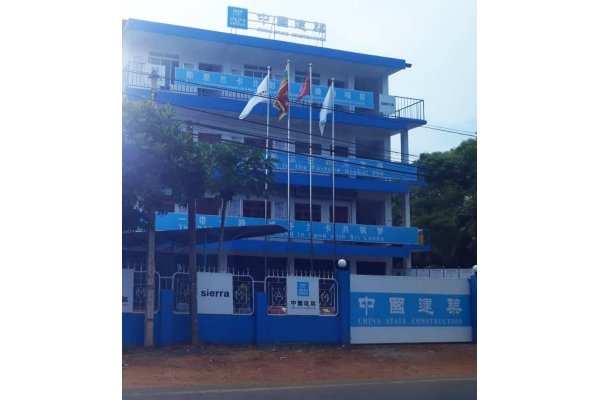
It is not merely China;India has also ignored Sinhala at the Premier National Language, and inserted Hindi. The name board at the Indian High Commission, Sub-office in Jaffna is written only in English, Tamil and Hindi. So we can see that Sinhala is being ignored by India.
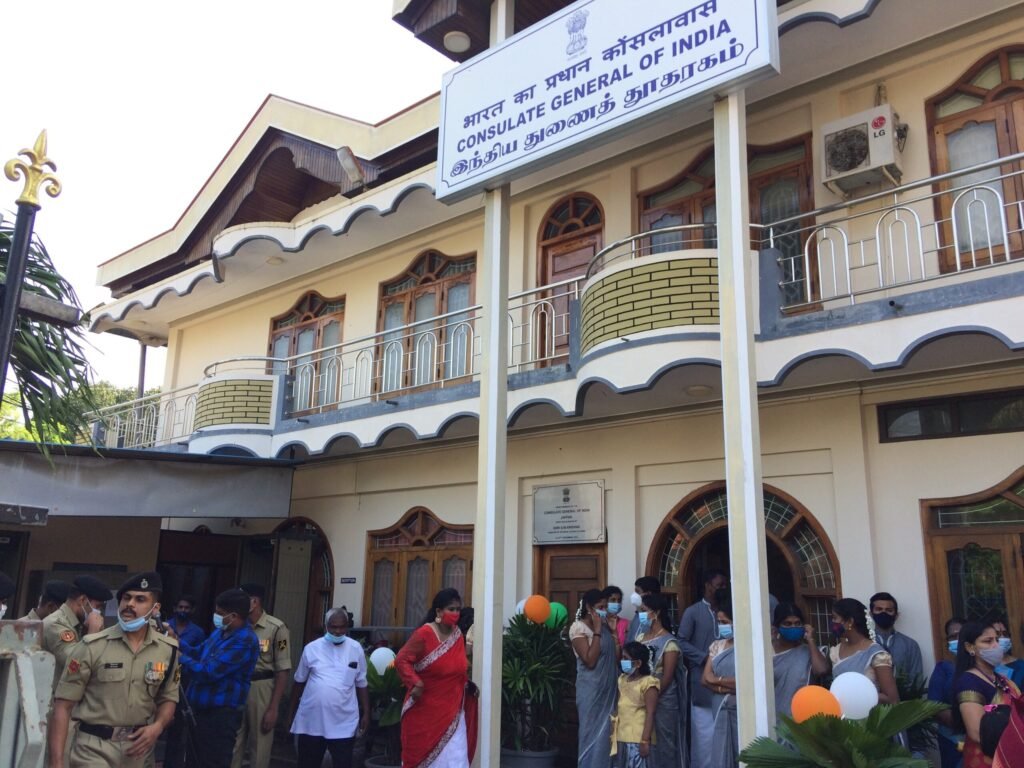
Notice boards are not permitted to be erected in public, displaying any language not adopted as a national language or the link language of the country. It is the reason why Sinhalese people raised their objection against the Sri Lankan Muslims, Muslims of Eastern Province in particular, using Arabian languages in their Mosques and cultural centers
Regarding the disregarding Tamil and aggression of Mandarin, Assistant Director of Official Languages Commission, Sivapiragasam Mathivanan says, in the projects undertaken by Chinese establishments, notices appear in Mandarin and Sri Lankan Official Languages are ignored. Ignoring Official Languages in this manner is a violation of Section 4 of the Constitution. Taking these issues into consideration, proposals are underway to pass laws compelling the use of national languages only in all notices boards of local and international organizations functioning in Sri Lanka.
Regarding this controversy, in his response, Professor G. L. Peiris, Sri Lankan Minister of Education said, the government has officially informed the Chinese Government Organisation involved in the Colombo Port City Project to respect the trilingual policy of Sri Lanka. There were complaints about ignoring Tamil language in the Colombo Port City Project and the Chinese Government Organisation was officially informed about this.
Sri Lankans are not proficient in any Chinese languages and it cannot be said that this language is used to benefit Sri Lankans. If the notice boards with Mandarin languages are erected for the benefit of the Chinese in Sri Lanka or the Chinese who have come here to work in schemes undertaken by Chinese organizations, there is no need to ignore Tamil. China can insert Mandarin as the fourth language in the name boards.
இலங்கையில் வெளிநாடுகளால் புறக்கணிக்கப்படும் தேசிய மொழிகள்
ලංකාවේ ජාතික භාෂාවන් රට තුලම නොසලකා හැරීම


